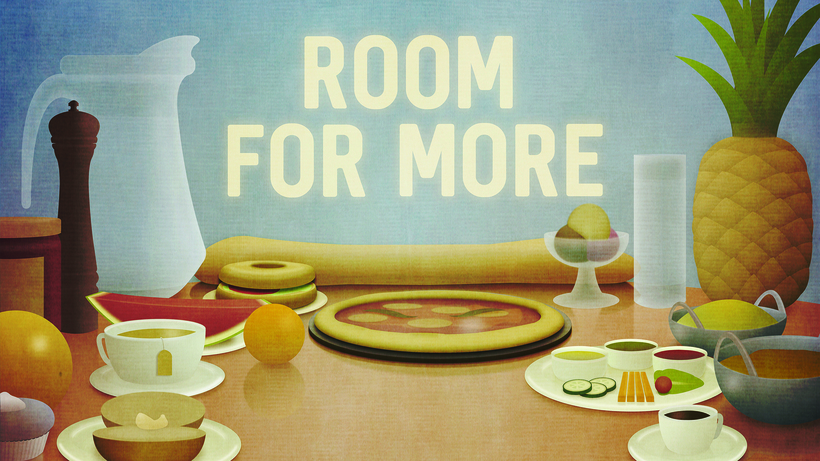The website for Quakers in Britain includes a section on giving. It indicates two ways in which members of the Religious Society of Friends can contribute to Quaker work: by giving money or by giving time. Both money and time are useful and can be used well. But there are many people who have neither time nor money to spare and there's a risk that such people may come to feel they have nothing to offer the wider Quaker community - and that the Quaker community as a whole may forget what those without time and money actually provide.
Many people in Britain have less than no money. They are in debt. This isn't their fault. We live in a system where debt is a way of life. Some kinds of debt are respectable, even among Quakers who can be quite critical of debt. A mortgage is a debt. A student loan is a debt, although a debt that may never be repaid. A bank loan that underwrites a business venture is a debt.
The debts that people working in insecure low-paid jobs or relying on benefits tend to be smaller but it's much harder to get by when these debts are incurred. Many people who have incurred debts through poverty or crisis find themselves working extra hours in an attempt to reduce of pay off the debt. These people often have caring responsibilities or illness or disabilities as well. They can't offer Quakers time or money but they are just the people we should welcome in our Meetings and as members. They have much to teach the wealthier and more fortunate people in our community.
Some of what we might learn is purely practical. The book of Pam Lunn's 2011 Swarthmore Lecture, Costing not less than everything, includes the following passage:
"In the town where I live the local climate change action group recently had an interactive exhibition. ... I spent about three hours there, helping visitors use a simple online carbon footprint calculator. The people who were showing low carbon emissions and coming very close to one-planet living (in carbon terms) were the poor - people unemployed or on low incomes, with whole families living in small houses, in what many of us would regard as over-crowded conditions. I was surprised at how low some of their carbon footprints were. ... I don't regard my own home as luxurious, or my lifestyle as affluent - but on a global scale they most certainly are."
That passage is a useful reminder, and not just that poorer people in Britain may be doing less harm to the planet than the majority of Quakers. It's an uncomfortable reminder that Quakers are, by and large, affluent and liable to be surprised that poor people might set a good example. And while the paragraph draws back from suggesting that the author is herself living an affluent lifestyle in a luxurious home in local terms, that is precisely what her example suggests. If there were more people in our Meetings setting a good material example by their low carbon footprint because of their relative poverty, and if their example were valued, admired and followed, they would provide something of worth to the community of Quakers as a whole.
I think we sometimes pay too much attention to those who are able to offer time and money to Quakers, and too little attention to those among us who struggle and lack both. Because we don't have a paid priesthood, we depend on those who can afford to donate time to Quaker work and perhaps also to those whose money can fund Quaker projects. Of course their time and money is a useful and generous gift. But just as we worry about big donors to political parties wielding undue influence and power, we need to be concerned that big donors to Quakers (in terms of time as well as money) might exert too much influence on the decisions and direction of the Society. Those who possess spare time and money are often those whose life experience has been limited. There is a difference between observing need (even when we respond to it) and actually experiencing need.
There is no single experience of poverty and need. People who are poor or in need are complete, fully-rounded human beings. Each of them has something individual and specific to offer us, should they wish to join us at Meeting or become a member of the Religious Society of Friends. Each has particular spiritual insights. We can learn at least as much from those who lack time and money as from those who have both in abundance.




_p11_STATUE_OF_WILLIAM_PENN.jpg?download)